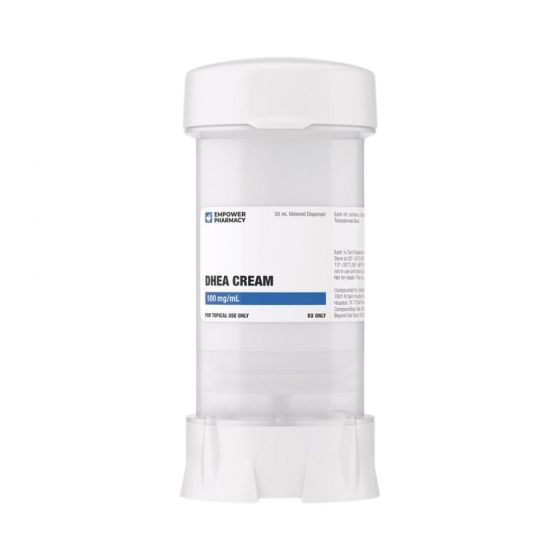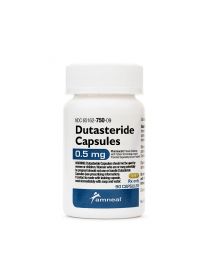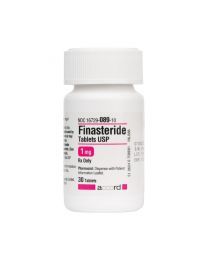- Home
- About
-
- < Products
-
- < By Brand
- Alastin Skincare
- AMP medical
- Biopelle
- CALECIM®
- CareFirst Specialty Pharmacy
- CLn Skin Care
- CO2Lift
- EltaMD
- Empower Pharmacy
- Glowbiotics
- Hillcrest Pharmacy
- HydroPeptide
- ISDIN
- Jan Marini
- Latisse
- MMSkincare
- Neocutis
- Nutrafol
- Obagi
- PCA Skin
- PHOTOZYME
- Qyksonic
- Revision Skincare
- Sente
- skinbetter science
- SkinCeuticals
- SkinMedica
- Upneeq
- VANIQA®
- Virtue Labs
-
- < By Product Type
- Acne Scarring
- Acne Treatments
- Anti-Aging
- Bath and Body
- Brightening
- Cleansers
- Eye Treatments
- Exfoliants
- Hair Care
- Hair Regrowth
- Hand Treatments
- Injectable
- Kits
- Lip Treatments
- Masks
- Moisturizers
- Neck Treatments
- Redness & Rosacea
- Retinoids & Exfoliants
- Scarring & Post-Procedure
- Thin Lashes
- Serums
- Skin Rejuvenation & Antioxidants
- Dietary Supplements
- Toners
- Sun Protection
- Contact Us
- Sign In
- Sign Up
Dehydroepiandrosterone (DHEA) is a C19 steroid also known as 5-androsten-3 beta-ol-17-one. DHEA and DHEAS (an active, sulfated form of DHEA), are endogenous hormones secreted by the adrenal cortex in primates and a few non-primate species in response to ACTH. DHEA is a steroid precursor of both androgens and estrogens and thus is often called 'the mother hormone. Endogenous DHEA is thought to be important in several endocrine processes, but the current medical use of DHEA is limited to controlled clinical trials. In 1997, Pharmadigm, Inc. received an orphan drug designation to enroll patients with thermal burns who require skin-grafting into trials using injectable DHEAS, known as PB-005. Researchers continue to investigate the role of both endogenous and exogenous DHEA in CNS, psychiatric, endocrine, gynecologic and obstetric, immune, and cardiovascular functions.1 GeneLabs Technologies, Inc., submitted an NDA in September 2000 for its proprietary DHEA product, called prasterone (Prestara™, formerly known as Aslera™ or GL-701). Prasterone appears to attenuate some symptoms of mild-to-moderate systemic lupus erythematosus (SLE) and may increase bone density based on evidence from two phases III studies in women; studies in men with SLE are ongoing. The FDA placed Prestara™ under a 6-month priority review status in October 2000; on April 19, 2001, the FDA stated that although the drug showed advantages over placebo in one study, the advantages were not statistically significant. Additional data were submitted to the FDA following a 'not approvable' letter on June 26, 2001. On September 2, 2002, the FDA issued an 'approvable' letter for the Prestara™ product, but the agency has asked for additional clinical trial data regarding the drug's effects on bone mineral density before granting final approval for SLE. The manufacturer began a confirmatory phase III trial in early 2003; the primary endpoint will be the measurement of the bone mineral density of the lumbar spine; the trial is targeted for completion at the end of 2003. In October 2004, the manufacturer released information that Prestara™ therapy did not meet the primary endpoint in the confirmatory trial. In August 2003, Paladin Labs Inc. received orphan drug designation from the FDA for prasterone, dehydroepiandrosterone, and DHEA, under the brand name Fidelin™, for adrenal insufficiency.
Exogenously administered DHEA is sold as a nutritional supplement in health and drug stores and many older individuals are using it to 'maintain the vitality of their youth'. There is currently no objective, well-controlled, large-scale, scientific evidence to back claims that taking DHEA combats the signs or symptoms of aging, diabetes, neurologic disease, sexual dysfunction, or heart disease. Some athletes abuse DHEA believing that it can enhance the body's synthesis of testosterone; the potential action of DHEA as an anabolic steroid has led to the prohibition of supplementation in competitive sports, even though evidence of anabolic effects in athletes is lacking. DHEA is also abused by athletes in an attempt to normalize the testosterone: epitestosterone ratio. However, the sensitivity and specificity of currently available testing for athletic 'doping' can readily identify the presence of banned substances, including testosterone. Because of DHEA's complex physiologic actions, more than 500 scientific articles investigating it have been published since 1993. Many of the short-term trials of DHEA to date have lacked the rigor and statistical applications needed to support therapeutic claims. Most claims will need to be confirmed by large-scale, properly conducted, and controlled studies. In 1984, the FDA banned the non-prescription (OTC) sale of exogenous DHEA due to concern over hepatotoxicity (hepatitis and hepatic tumors) as noted in animal studies. The FDA formally relegated DHEA to a Category II OTC ingredient at that time (i.e., not generally recognized as safe and effective). However, in 1994, the passage of the US Dietary Supplement Health and Education Act (DSHEA) allowed DHEA to be marketed as a nutritional or dietary supplement.
| Brand | Empower Pharmacy |
|---|
Write Your Own Review
anti-aging therapy and to improve physical performance
5 mg/mL 30 mL Topi-Click Dispenser












